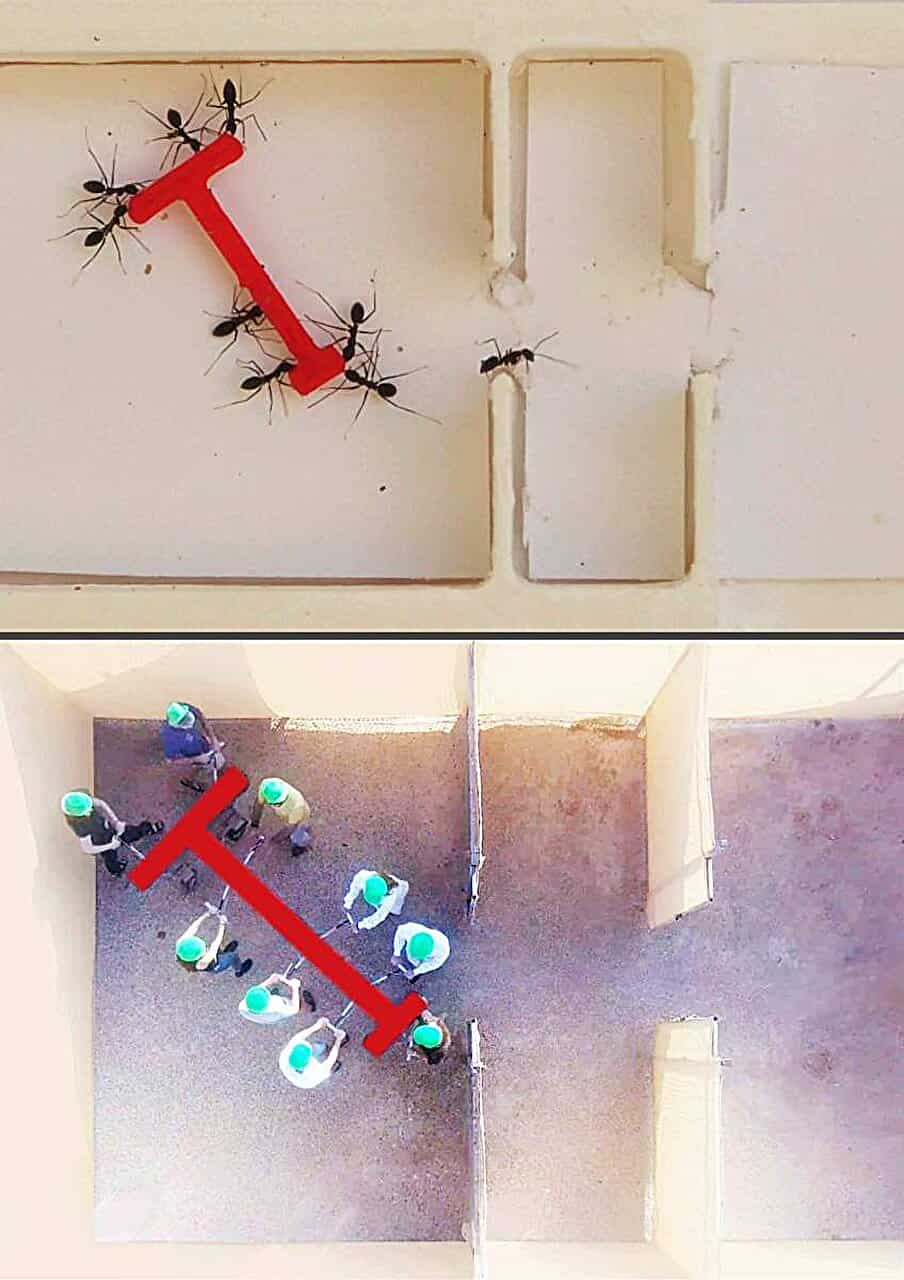Abstract
Lychnophorinae (Vernonieae, Asteraceae) consists of 21 genera and approximately 150 species, primarily distributed in the Brazilian Central Plateau, with several novelties recently described. With new botanical expeditions conducted in Serra da Formosa, state of Minas Gerais, a set of collections that belong to Lychnophorinae but were not easily assigned to a genus was discovered. After morphological and anatomical analyses and phylogenetic studies, we describe and illustrate Roquea, a new genus of Asteraceae from Brazil, to accommodate the new species Roquea multiserialis. Affinities of the new genus with other genera of Lychnophorinae are discussed along with a preliminary conservation status assessment, and notes on its distribution, ecology and affinities. This new finding contributes to the understanding of the taxonomy and evolution of Lychnophorinae and the campos rupestres and supports the urgent need to preserve Serra da Formosa, currently threatened by human activity.
campo rupestre, Compositae, endemism, Neotropical flora, taxonomy, Eudicots
 |
| Roquea multiserialis Loeuille & Antar. A. Flowering branch. B. Detail of abaxial leaf midrib indumentum composed of stellate trichomes (some indument removed). C. Detail of adaxial leaf midrib indumentum composed of stellate trichomes. D. Capitulum. E. Longitudinal section of capitulum. F. Outer phyllary. G. Inner phyllary. H. Abnormal corolla with 8 lobes. I. Abnormal corolla opened and showing 8 anthers. J. Apex of corolla lobe. K. Anther. L. Style. M. Cypsela with a pappus. A.–I. Illustration by Margaret Tebbs based on R.B. Almeida et al. 1070 (K). |
Roquea Loeuille & Antar, gen. nov.
Type:—Roquea multiserialis Loeuille & Antar.
Diagnosis:—Compositarum, tribus Vernonieae, subtribus Lychnophorinae. Frutices vel arbusculae. Indumentum ex pilis variabiliter stellatis nec non eramosis compositum. Folia petiolata, vaginis semiamplexicaulibus instructa. Inflorescentiae in ramis axillaribus, capitula in corymbum disposita. Capitula 130–150-flora; squamae involucri 7–9-seriatae, imbricatae, persistentes. Corollae lilacinae ad subroseas, lobis dense villosis; antherae calcaratae, caudatae; basi stylorum non noduliferi. Cypselae prismaticae, glabrae; carpopodia obsoleta; pappus biseriatus; setae pallidae stramineae, paleaceae, saepe leviter tortiles, seriei exterioris breves, basin leviter connatae, persistentes, seriei interioris caducae.
Etymology:—The generic name honors Dr. Nadia Roque (1970-2024), a Brazilian professor and researcher at Universidade Federal da Bahia, in Salvador, Brazil. She made outstanding contributions to the knowledge of Asteraceae, especially of Neotropical and Brazilian species. She first started her career working with the tribes Barnadesieae and Mutisieae, but soon expanded her studies to Eupatorieae and Heliantheae. She authored more than 100 scientific papers, contributed to ca. 20 book chapters as well as two books: “Asteraceae. Caracterização e Morfologia Floral” (Roque & Bautista 2008) and “A família Asteraceae no Brasil: classificação e diversidade” (Roque et al. 2017b), which have become important references for new students working in Asteraceae taxonomy in Brazil. She also advised numerous graduate students engaged in the study of Asteraceae and other families and led the treatment of Asteraceae in the collaborative project Flora e Funga do Brasil (Roque et al. 2020).
 |
| Roquea multiserialis Loeuille & Antar. A. Habitat. B. Habitat and habit. C. Habit. D, E. Branch in flower. F. Capitula detail. A–F. Photos by R.B. Almeida. |
Roquea multiserialis Loeuille & Antar sp. nov., adhuc unica.
Etymology:—The specific epithet refers to the high number of series of phyllaries. The Lychnophorinae taxa typically have fewer than the 7–9 series as in Roquea multiserialis.
Researchgate.net/publication/386378322_Roquea_a_new_genus_of_Asteraceae_from_Brazil








Leave a Comment